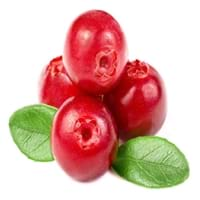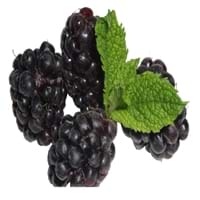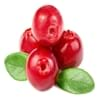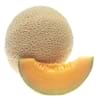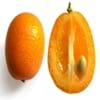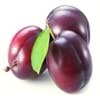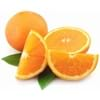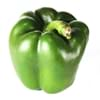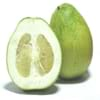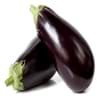Cranberry vs Boysenberry Characteristics
Cranberry and Boysenberry Information
Color of a fruit helps in determining its nutrient content and hence, its nutritional value. Therefore, color can considered as an important factor of Cranberry and Boysenberry Information. Cranberry is found in shades of red and Boysenberry is found in shades of black, purple and purplish black. Get Cranberry vs Boysenberry characteristics comparison of the basis of properties like their taste, texture, color, size, seasonal availability and much more! Cranberry belongs to Berry category whereas Boysenberry belongs to Berry category. Cranberry originated in North America while Boysenberry originated in America.
Cranberry and Boysenberry Varieties
Cranberry and Boysenberry varieties form an important part of Cranberry vs Boysenberry characteristics. Due to advancements and development in the field of horticulture science, it is possible to get many varieties of Cranberry and Boysenberry. The varieties of Cranberry are Early Black, Howes, Ben Lear and Stevens whereas the varieties of Boysenberry are Thorn and Thornless. The shape of Cranberry and Boysenberry is Round and Round respecitely. Talking about the taste, Cranberry is bitter and tart in taste and Boysenberry is na.
